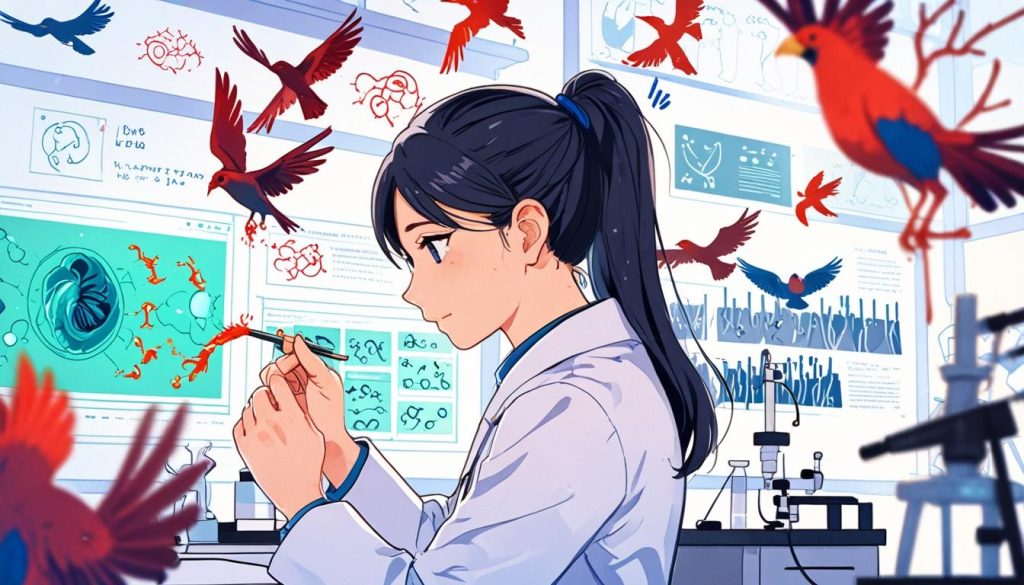Dr Rachel Honeyghan-Williams, a Postdoctoral Research Fellow at UCL’s Ear Institute, is at the forefront of audiological research, where her passion for the science of the senses shapes her work. Driven by a fascination with how sensory changes affect human perception, Dr Honeyghan-Williams underscores the significance of understanding hearing loss—an issue that affects one in three adults in the UK, according to the Royal National Institute for Deaf People. With a staggering estimate of around 18 million individuals affected by some form of hearing impairment, the urgency for innovative research is clear, especially given newer findings that have revealed this figure is substantially higher than previously thought.
Dr Honeyghan-Williams’s research focuses on the regeneration of hair cells in the inner ear, critical components that enable sound perception. These delicate cells, once damaged by age, disease, or excessive noise, cannot regenerate in most mammals, leading to irreversible hearing loss. This contrasts sharply with certain bird species, which possess the remarkable ability to regenerate these cells. In collaboration with her colleagues in the Lipovsek lab, Dr Honeyghan-Williams investigates whether “making our ears more bird-like” could unlock new therapeutic avenues. By pinpointing the genes responsible for hair cell repair in birds, she hopes to develop potential genetic therapies that could activate similar regenerative processes in humans, offering hope to those suffering from hearing loss.
Amidst her groundbreaking research, Dr Honeyghan-Williams expresses her enthusiasm for the challenges presented by her work. Engaging with complex puzzles—such as the evolutionary discrepancies between mammals and birds—fuels her passion. She values the collaborative spirit of scientific inquiry, citing that discussions with peers often bring unexpected breakthroughs. This blend of solid scientific inquiry and open dialog creates a rich environment for discovery and innovation in audiology.
The UCL Ear Institute, where Dr Honeyghan-Williams conducts her research, not only provides a nurturing ground for scientific exploration but also delivers a comprehensive education for students considering a career in audiology. The practical training and interaction with leading professionals in the field ensure that graduates are well-equipped to make a difference in patients’ lives. Dr Honeyghan-Williams actively contributes to this learning environment by leading workshops aimed at enhancing communication skills among Audiology students, recognising the importance of connecting with patients and the broader public in the discourse about hearing health.
Reflecting on her own journey, Dr Honeyghan-Williams emphasises the importance of self-awareness and resilience, particularly for those navigating neurodivergence, a topic close to her heart. Her personal insights serve as a reminder that challenges can be managed with compassion and understanding. In an inspiring acknowledgment of her past, she encourages individuals to recognize their strengths and to practice self-care, especially in a demanding academic environment.
As audiological research continues to evolve, the work of scientists like Dr Rachel Honeyghan-Williams shines a light on the vital intersection of biology and quality of life. The ongoing exploration into the capacities of the human ear, combined with a commitment to fostering future talent, suggests that strides in hearing health will significantly impact countless lives.
📌 Reference Map:
- Paragraph 1 – [1], [2], [3], [4]
- Paragraph 2 – [1], [2], [5]
- Paragraph 3 – [6], [7]
- Paragraph 4 – [1], [2]
- Paragraph 5 – [1]
Source: Noah Wire Services





